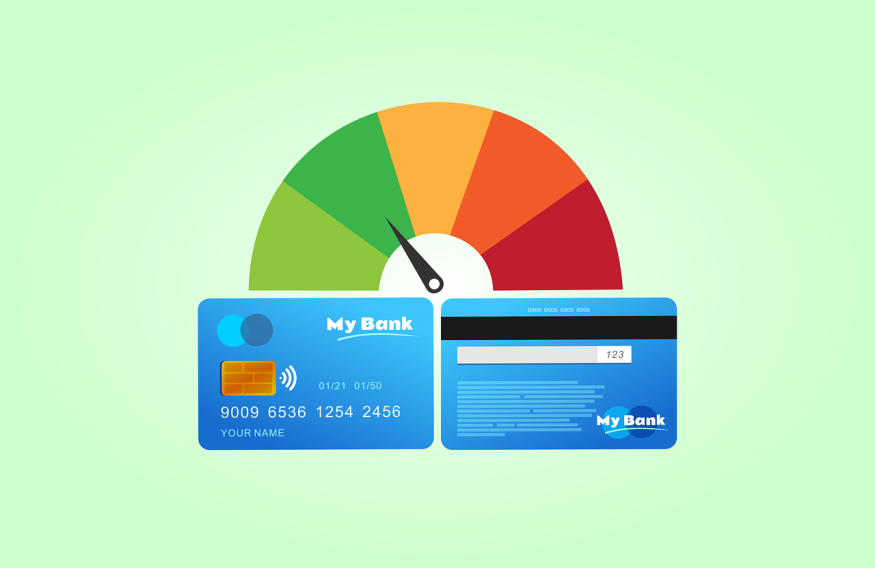Quick Ways of Increasing Your Credit Score

If your credit score is low, you need to take immediate action to improve it. Although enhancements could take months to reflect, a good credit score is crucial for obtaining loans, purchasing vehicles, or buying a house. It is important to start by paying off any outstanding debts and making timely payments on current accounts. Additionally, consider seeking guidance from a financial advisor or credit counselor to develop a plan for boosting your credit score efficiently, and you could even find a business loan if you've got a bad credit score.
Remember that consistency is key when it comes to improving your credit score, so be patient and stay committed to your financial goals. By taking proactive steps now, you can set yourself up for a more secure financial future. Here are several strategies to quickly enhance your credit score.
Lowering Your Credit Utilization Ratio
- Understand Your Ratio: It's the amount you've utilized compared to your total available credit. Aim for a low ratio to improve your score.
- Make Extra Payments: Additional payments can reduce your balance and improve your ratio promptly.
Increasing Your Credit Limit
Request Higher Limits: Contact your card issuer to request a credit limit increase, which can lower your utilization ratio and boost your score.
Correcting Credit Report Errors
Check for Errors: Inaccuracies in your credit report can drag your score down. Regularly review your report and dispute any errors immediately.
Becoming an Authorized User
Leverage Relationships: Being added as an authorized user on a family member's or friend's account can help improve your credit, especially if you have a thin credit history.
Paying Bills on Time
Prioritize Timeliness: Late payments can negatively affect your credit score for up to seven years. Always strive to pay your bills on time.
Dealing with Collections Accounts
Settle Collections: Pay off any accounts in collections as soon as possible and request the creditor to cease reporting the settled debt to credit bureaus.
Reporting Rent and Utility Payments
Expand Reporting: Some credit agencies allow you to add rent, utilities, and other recurring payments to your credit history, showcasing your reliability as a payer.
Navigating Bad Credit Loans
For individuals with poor credit scores, obtaining traditional loans can be challenging. However, bad credit loans are designed to meet the needs of those with less-than-ideal credit histories.
Types of Bad Credit Loans
- Secured Loans: Require collateral but typically offer lower interest rates.
- Unsecured Loans: Do not require collateral but may have higher interest rates.
- Payday Loans: Short-term loans with high-interest rates, to be avoided if possible.
Benefits of Bad Credit Loans
- Access to Funds: Enables individuals with bad credit to obtain necessary financing.
- Credit Improvement: Repaying these loans on time can help improve your credit score.
Considerations
- High Interest Rates: Bad credit loans often come with higher interest rates, making them more expensive over time.
- Research Lenders: It's crucial to research and choose reputable lenders to avoid predatory practices.
Improving your credit score is a journey that demands consistent effort and strategic financial decisions. Whether you're starting from a position of strength or working to overcome past financial setbacks, the strategies outlined in this guide provide a solid foundation for enhancing your creditworthiness. From lowering your credit utilization ratio to considering bad credit loans as a temporary solution, each step plays a crucial role in navigating the complex landscape of credit and finance.
Remember, rebuilding your credit score is not just about unlocking the ability to borrow; it's about establishing a pattern of financial behavior that leads to greater stability, opportunity, and peace of mind. By adopting these practices and maintaining a commitment to responsible financial management, you can gradually improve your credit score, opening the door to a brighter financial future.
Subscribe to Latin Post!
Sign up for our free newsletter for the Latest coverage!
© 2025 Latin Post. All rights reserved. Do not reproduce without permission.















